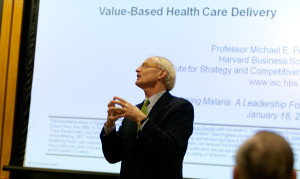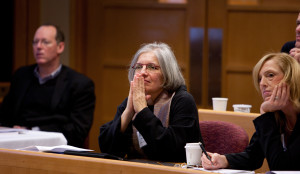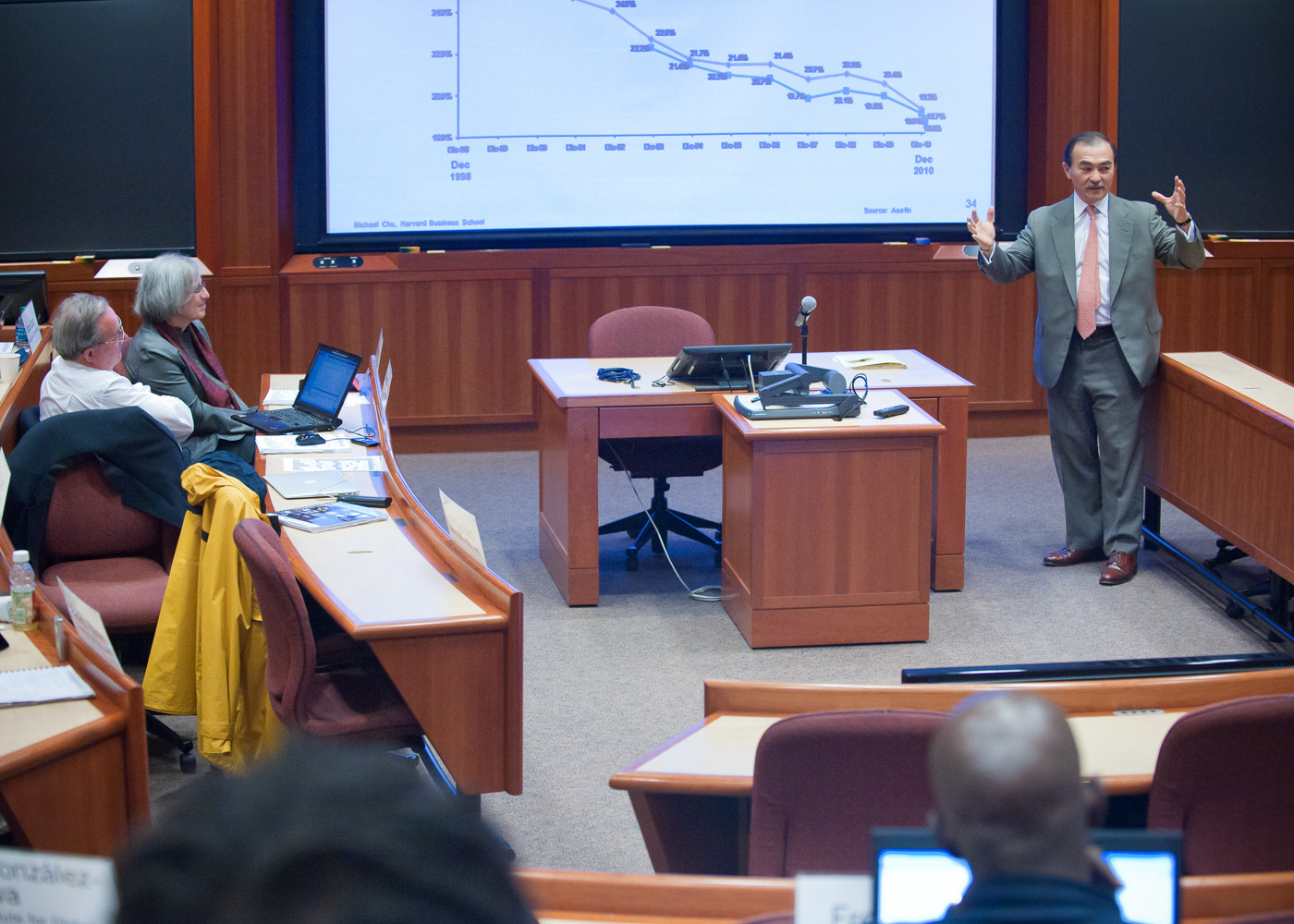For the first time in history, it is possible to envision a world free from the scourge of malaria. Harvard has a long history of research into the disease. Its mission aligns with the goals of the malaria effort, and it has distinctive qualities that can make a fundamental difference.
Harvard’s involvement in malaria dates back to the Harvard Expedition of the 1920s where malaria was documented and studied in Liberia and the Belgian Congo. In the 1940s, Harvard chemists worked on the chemical synthesis of quinine, the first anti-malarial drug. More recently, individual faculty across the University have focused on advancing biomedical research and leading research efforts on the economic and cultural impact of malaria.
The University’s current research and training efforts build on this foundation, recognizing that an integrated multidisciplinary approach, with coordination and communication across fields and sectors, is the best mechanism for success in controlling and eliminating malaria and its broad social consequences.
In 2013, Harvard University launched Defeating Malaria: From the Genes to the Globe, a new cross-university initiative to produce, transmit, and translate knowledge to support the control and ultimate eradication of malaria. This initiative is spearheaded by the Harvard T.H. Chan School of Public Health, in collaboration with the Harvard Global Health Institute, and it is being launched in partnership with the United Nations Secretary-General’s Special Envoy for Health in Agenda 2030 and for Malaria. Leveraging the breadth and depth of expertise of Harvard’s students, faculty, and alumni, this initiative represents a partnership and joint commitment with members of the malaria community in both the private and public sectors. Harvard will contribute to bridging intellectual and operational gaps in malaria research, knowledge, and education to create sustained, real-world impact.
Drawing upon specific strengths across the university, the five areas of focus include (1) education and leadership development; (2) science and its translation; (3) strategic decision-making; (4) organizational and operational performance; and (5) communications and advocacy. Malaria stands at an inflection point, and Harvard University is excited to contribute its unique strengths and capabilities to support the goal of malaria eradication.
Defeating Malaria is a collaborative effort that has evolved during an extensive set of stakeholder consultations and internal discussions. In January 2011, a multidisciplinary and multisectoral meeting Rethinking Malaria: A Leadership Forum, was organized and sponsored by the Harvard T.H. Chan School of Public Health, Harvard Medical School, Harvard Business School, and the Harvard Global Health Institute.
 Image: HBS Professor Michael Porter, Rethinking Malaria
Image: HBS Professor Michael Porter, Rethinking Malaria
The two-day meeting, organized around case studies, catalyzed a series of subsequent deliberations among faculty across the University about the unique role Harvard could play. Further discussions with the United Nation’s Special Envoy for Health in Agenda 2030 and for Malaria and other stakeholders progressively shaped the initiative, focusing on the nexus between the most important 21st-century challenges and the areas in which Harvard could uniquely contribute. A public event immediately followed called, ‘Rethinking Malaria: The Science of Eradication Symposium.’
 Image: Professors Paul Farmer, Dyann F. Wirth, & Sue Goldie, Rethinking Malaria
Image: Professors Paul Farmer, Dyann F. Wirth, & Sue Goldie, Rethinking Malaria
Malaria is a tractable problem to which Harvard can contribute significantly while creating attractive opportunities for its students and faculty to make a lasting impression on a global challenge. This effort reflects the way Harvard is adapting to the changing role of universities in the 21st century as universities are increasingly judged on their ability to deliver a broader and lasting impact on society. This initiative is centered on fostering multidisciplinary collaboration on global challenges, delivering real-world impact, and establishing new types of external partnerships. Furthermore, it demonstrates how the different schools at Harvard can come together to produce, transmit, and translate knowledge affecting critical challenges in our society in ways that may be applicable beyond malaria. In collaboration with the Barcelona Institute for Global Health (ISGlobal) and the Swiss Tropical Public Health Institute (Swiss TPH), Harvard University launched a free online course, “MalariaX: Defeating Malaria from the Genes to the Globe” on the edX online learning platform. The course is widely available for learners from diverse backgrounds and is a complement to the annual Science of Eradication: Malaria leadership development course organized by ISGlobal, Harvard University, and Swiss TPH. The systematic documentation of the lessons learned will support future similar endeavors at Harvard and beyond.

